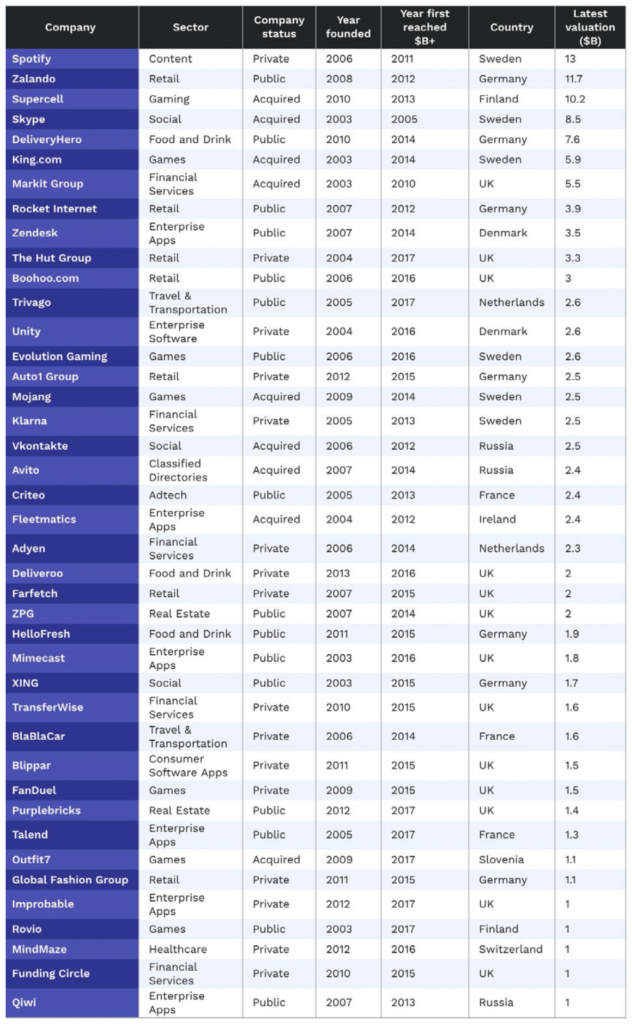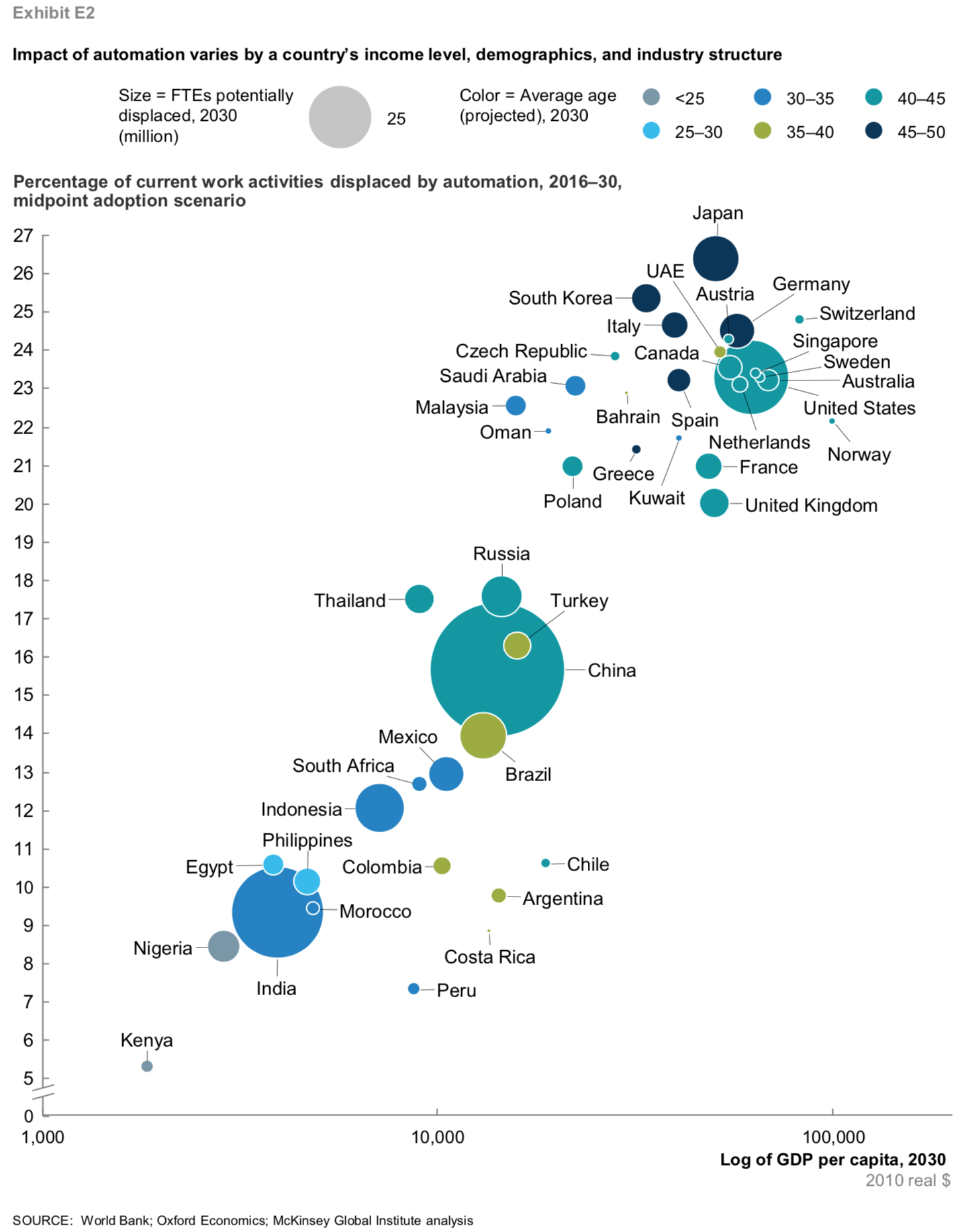Una conversazione con Giulio Tremonti sulle crisi presenti e potenziali innescate dalla globalizzazione e la rivoluzione digitale. Venerdì 21 maggio alle 18 in diretta su Facebook, Youtube e Twitch.
Giulio Tremonti è stato ministro delle Finanze nel 94-95 e in tre governi ministro dell’Economia e delle Finanze. È stato vicepresidente del Consiglio dei Ministri nel 2005-2006 (governo Berlusconi III). Attualmente è presidente dell’Aspen Institute Italia e Professore di Diritto Tributario in congedo dell’Università di Pavia.
Da più di venti anni esprime una posizione critica della globalizzazione e soprattutto della velocità che è stata consentita alla globalizzazione. Si tratta di una posizione che si è differenziata in modo evidente dai rappresentanti di rilievo dei governi del G7. Esprime preoccupazioni diverse ma significativo anche sulla più recente rivoluzione digitale.
Ne parleremo nella conversazione a partire dai suoi ultimi libri “Le tre profezie” (ed. Solferino) e “Mundus Furiosus” (ed. Rizzoli).
i21 è una serie di conversazioni con Giuseppe Iannaccone su come prepararsi al mondo che cambia e sull’impatto che scienza e tecnologia hanno sull’economia, società, lavoro, istruzione, cultura.
Questo incontro è promosso dal progetto di ricerca Evo4.0 sull’evoluzione delle tecnologie industria 4.0 e il loro impatto sociale ed economico. Il progetto Evo4.0 è cofinanziato dal POR FESR Toscana 2014-2020 (Azione 1.1.4 sub b) ed è coordinato da Giuseppe Iannaccone, nell’ambito del laboratorio Crosslab IT& Società del Dipartimento di Ingegneria dell’Informazione, Università di Pisa.
Link:





